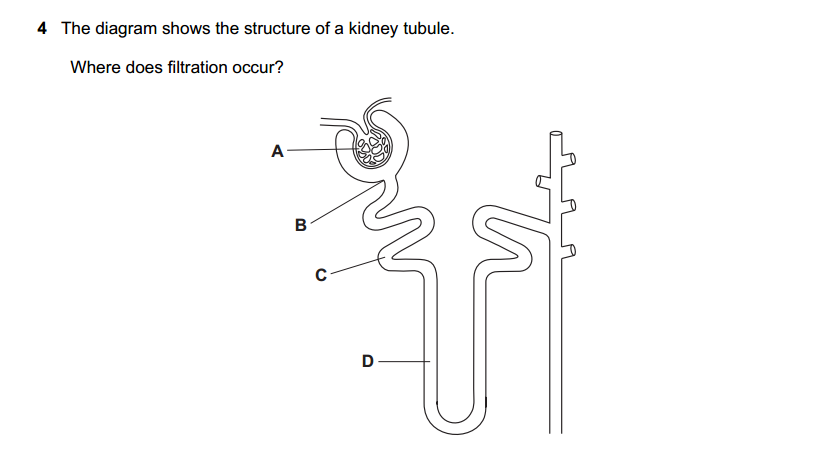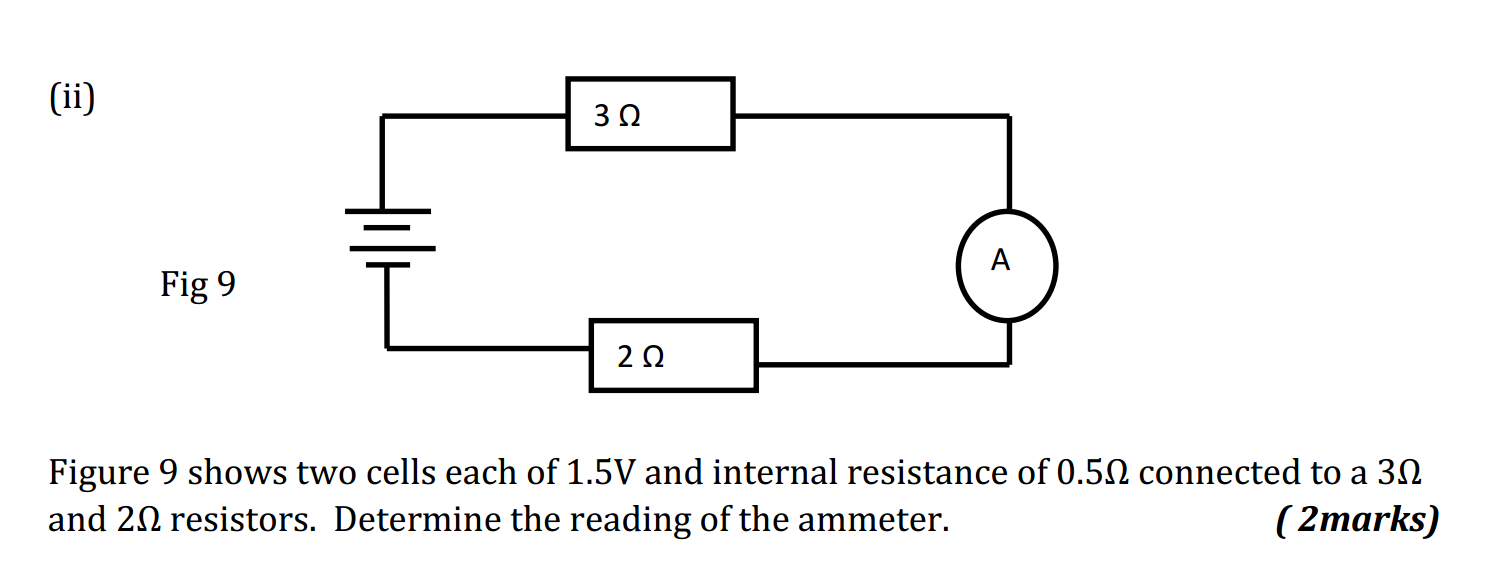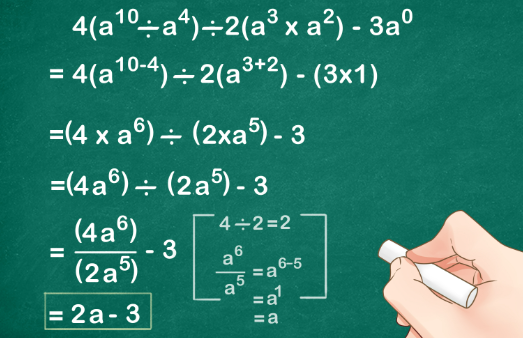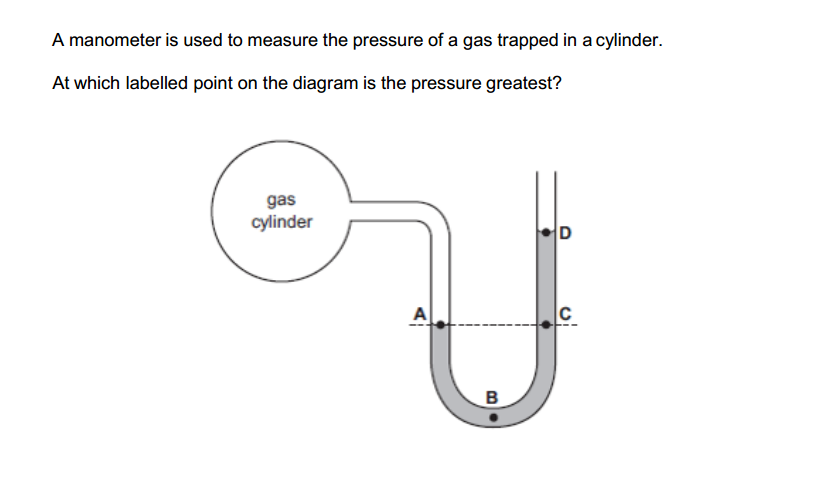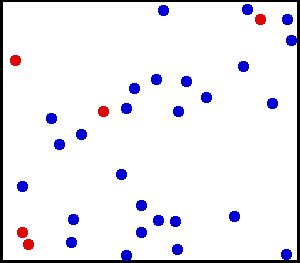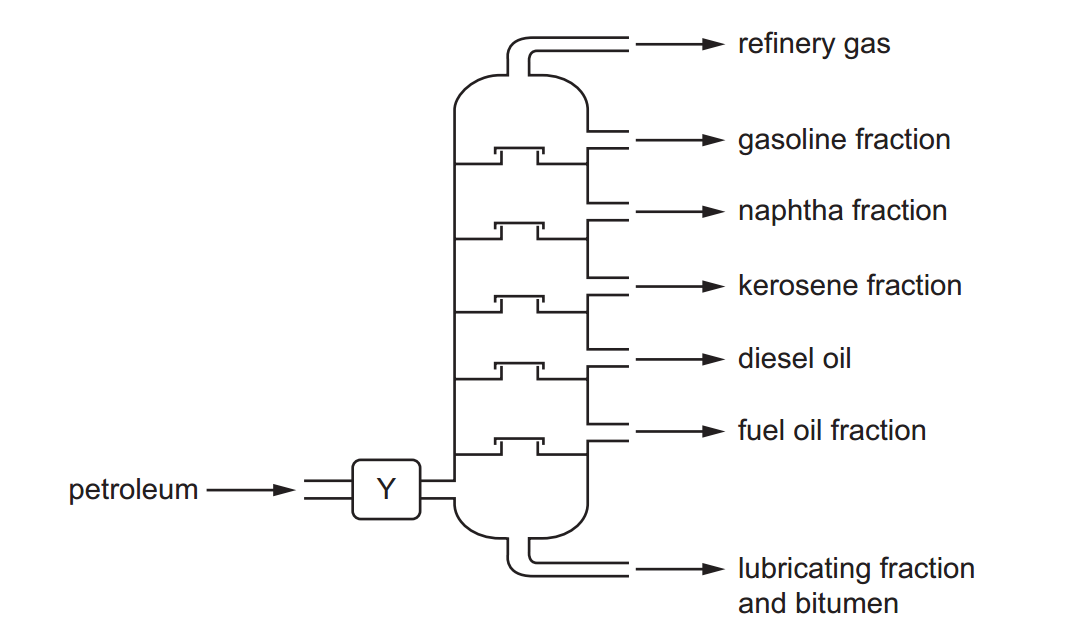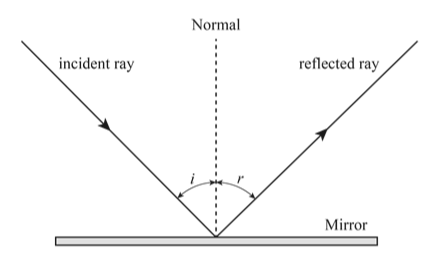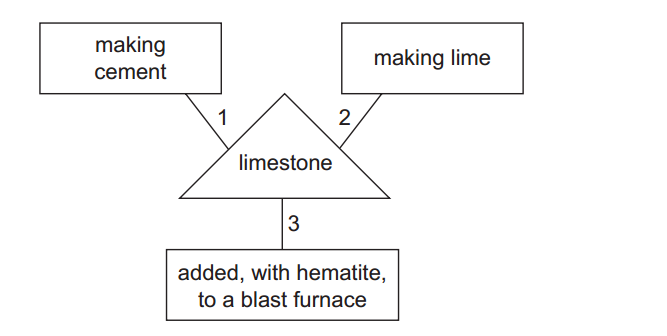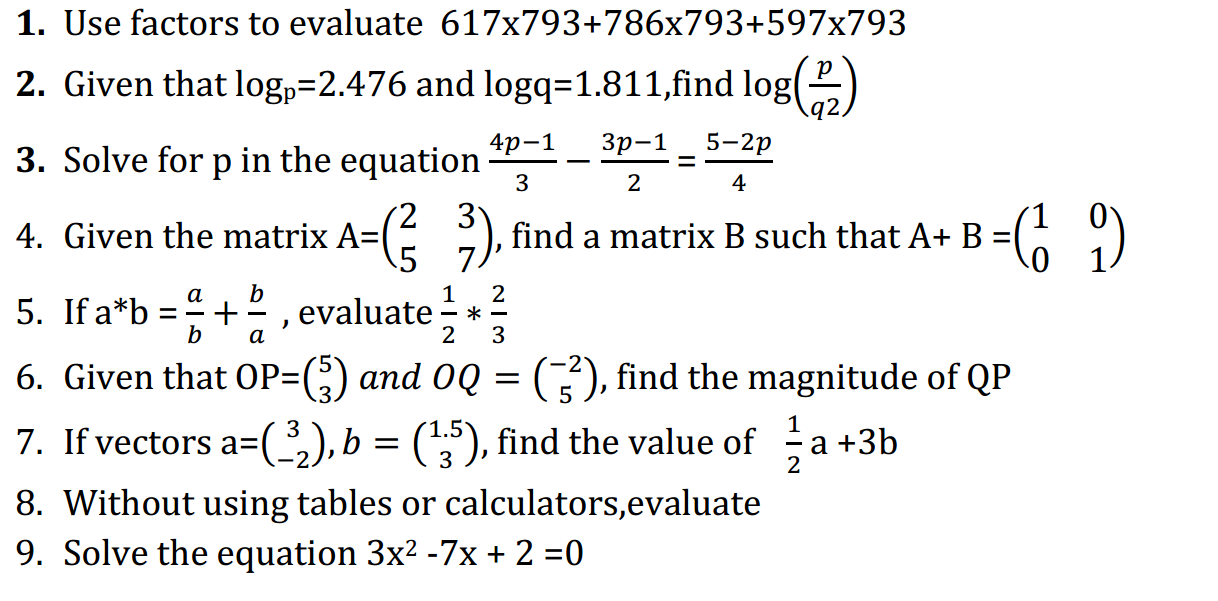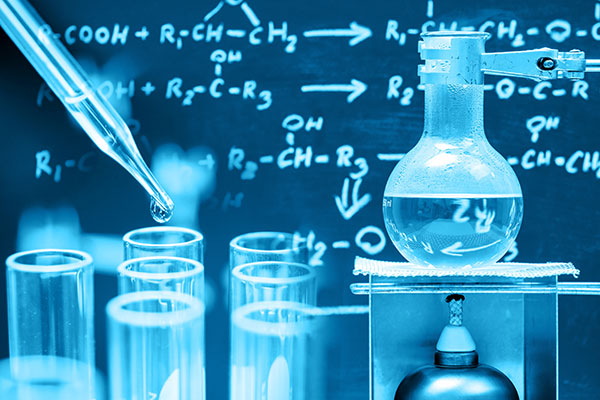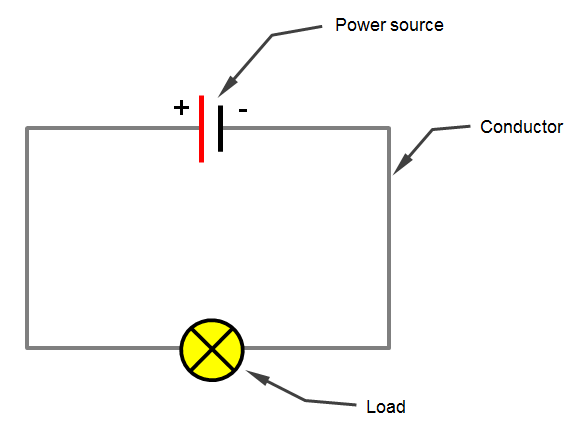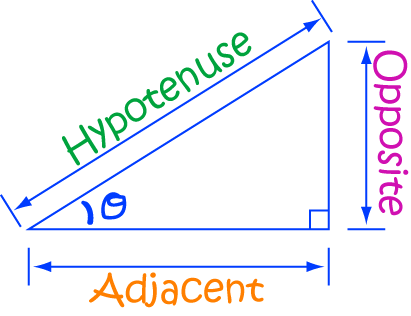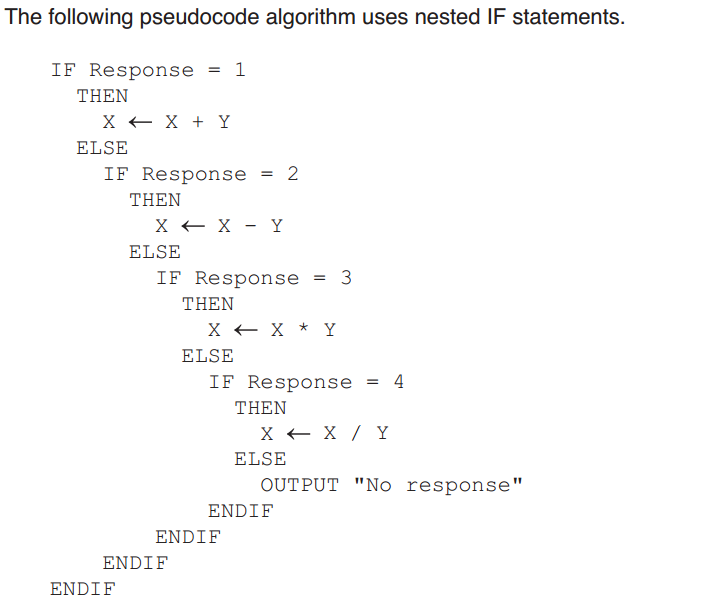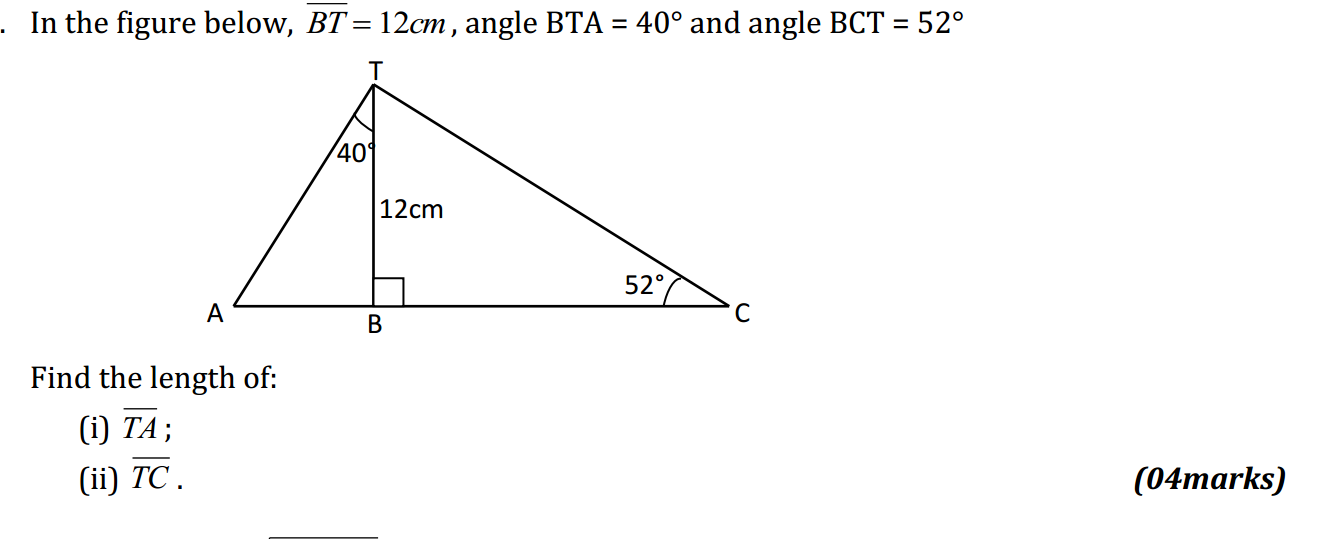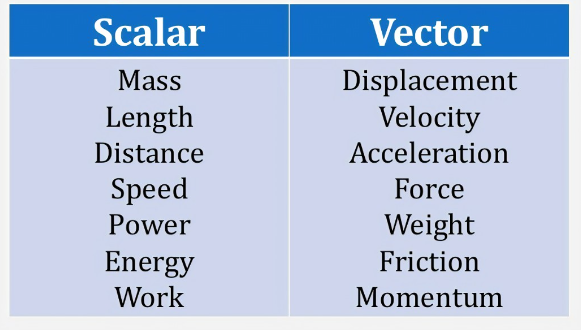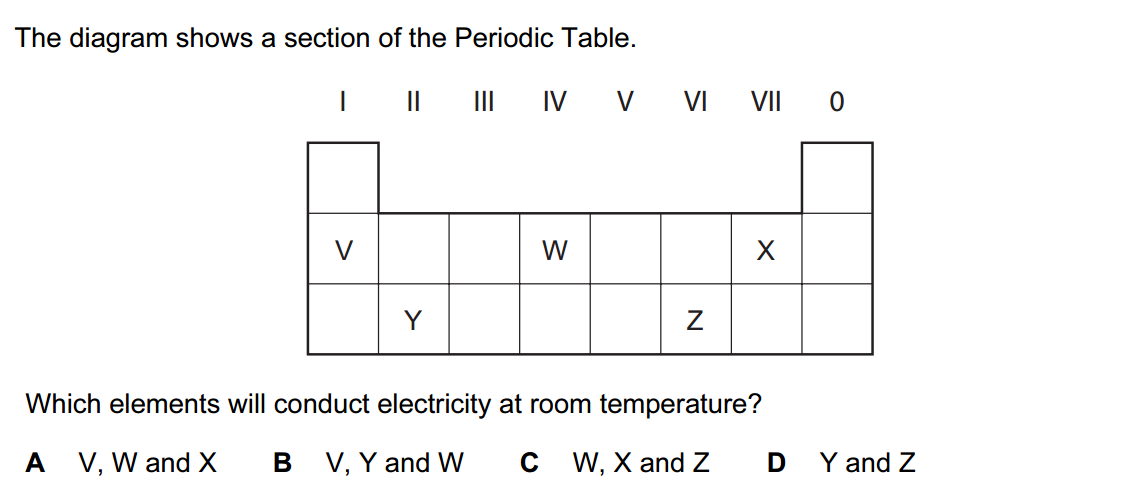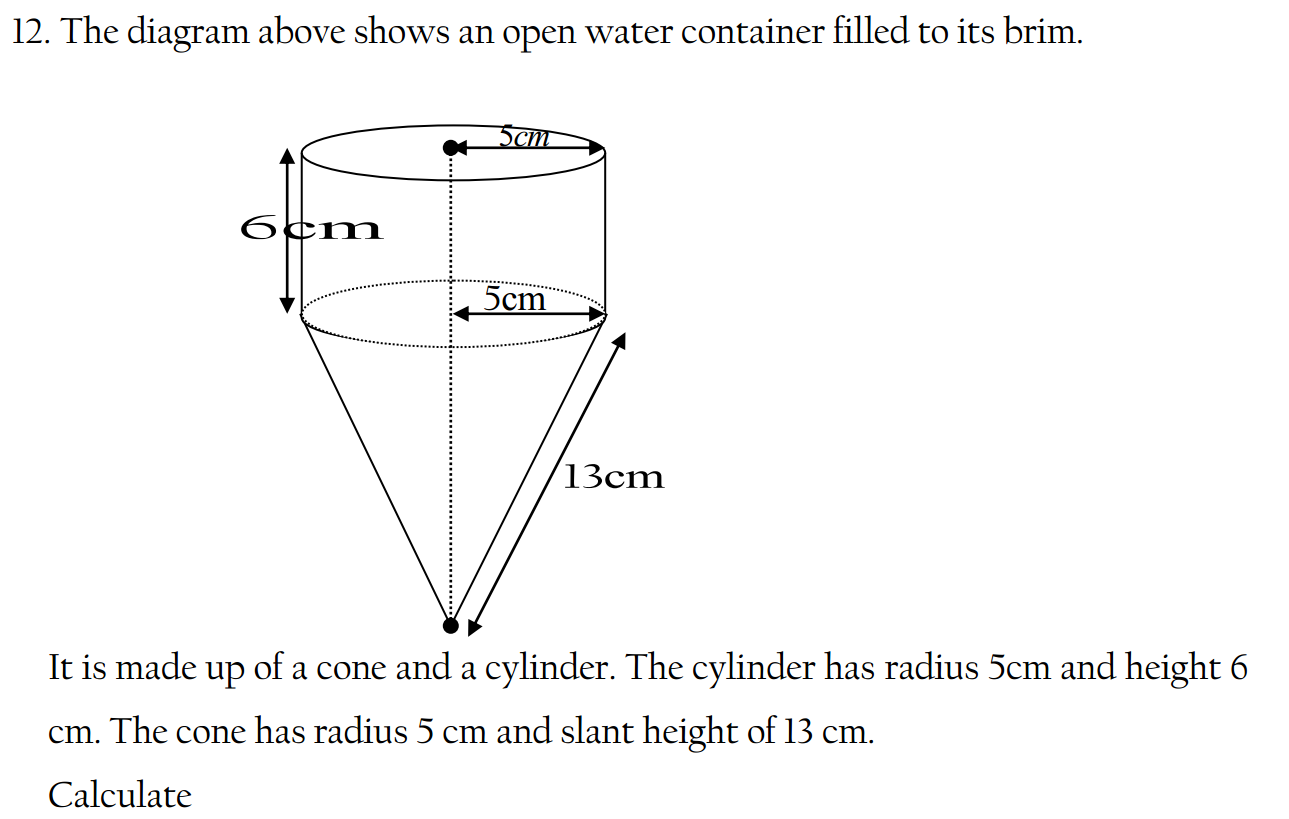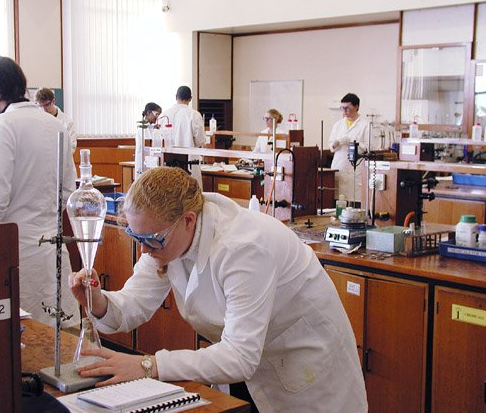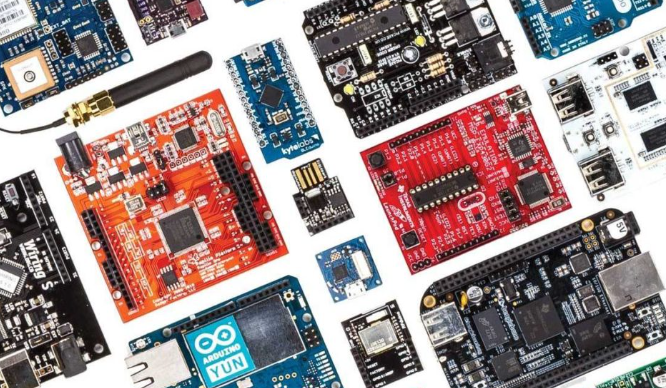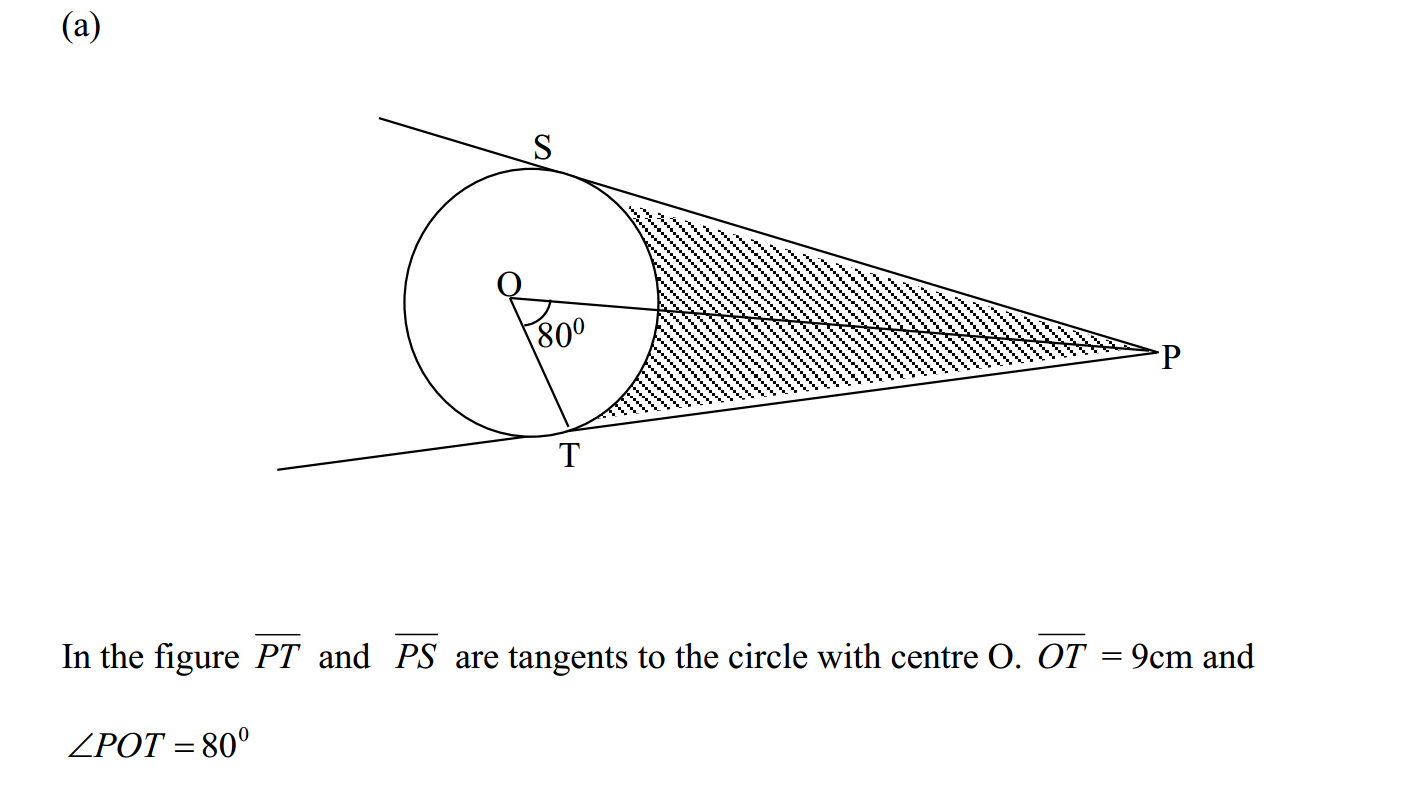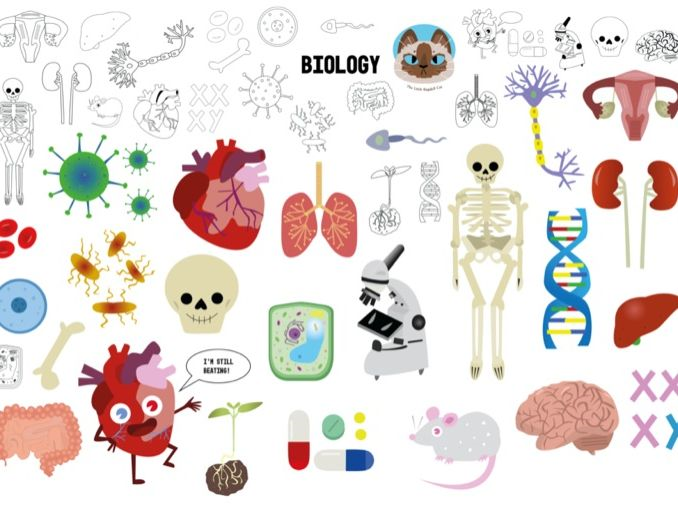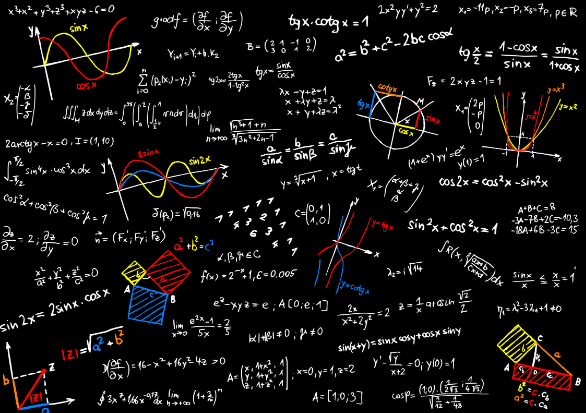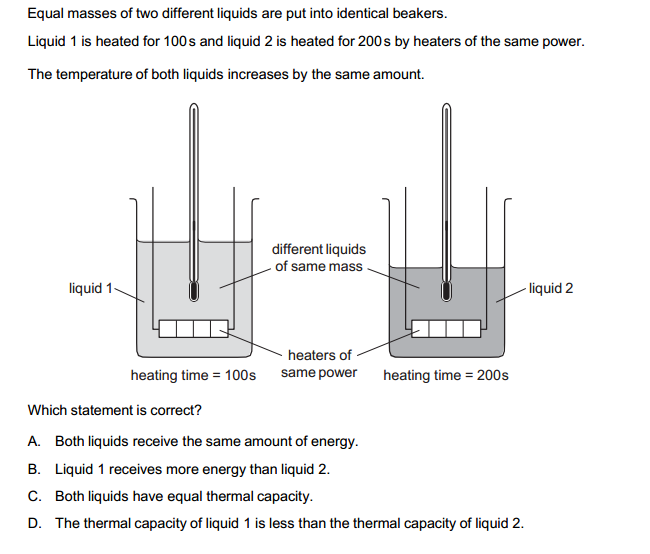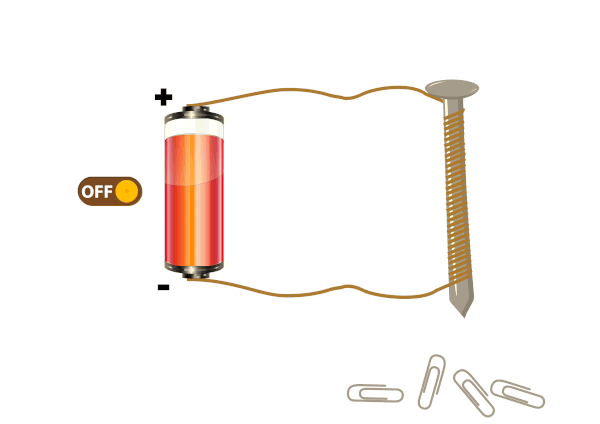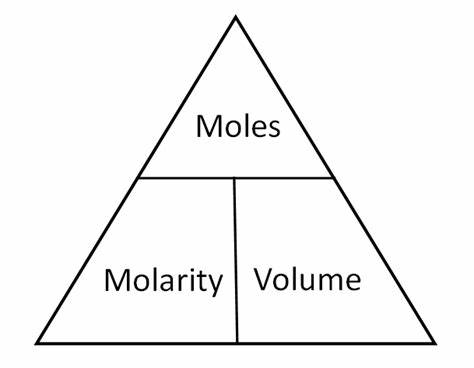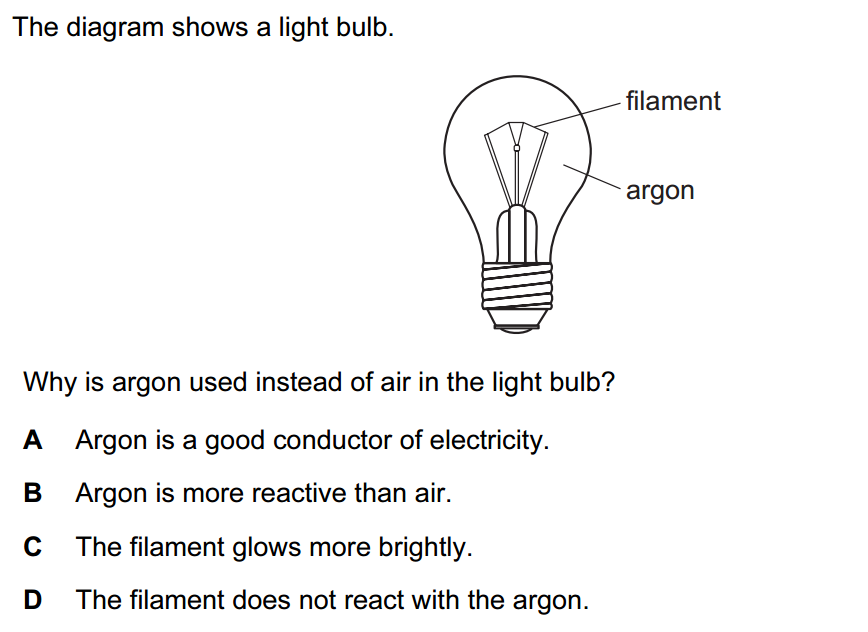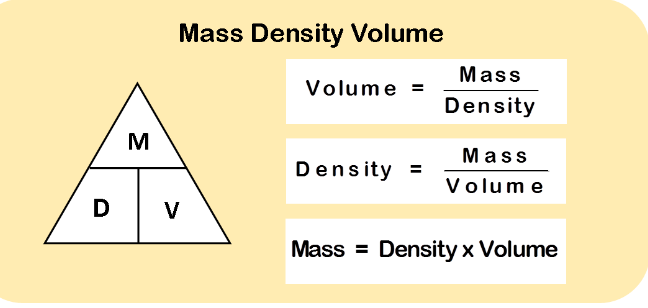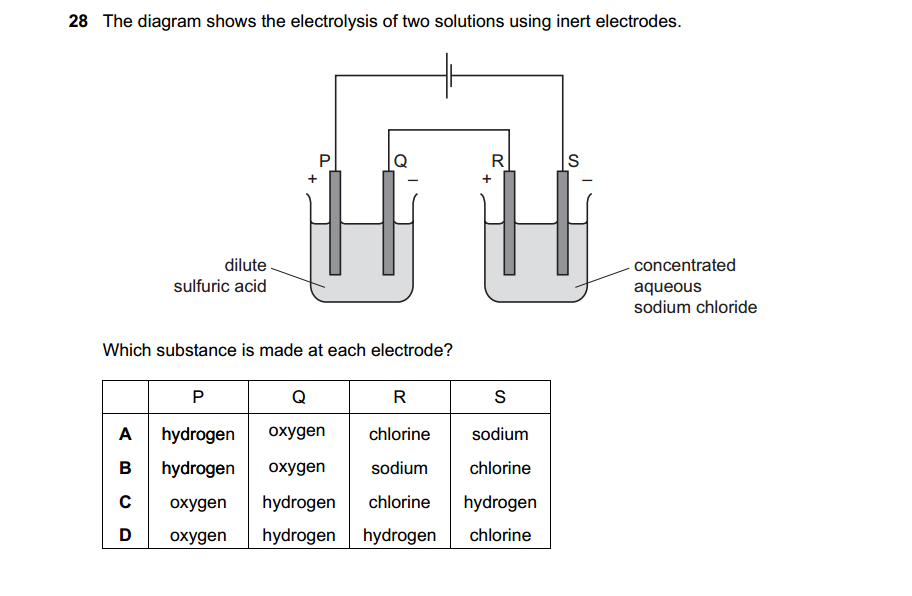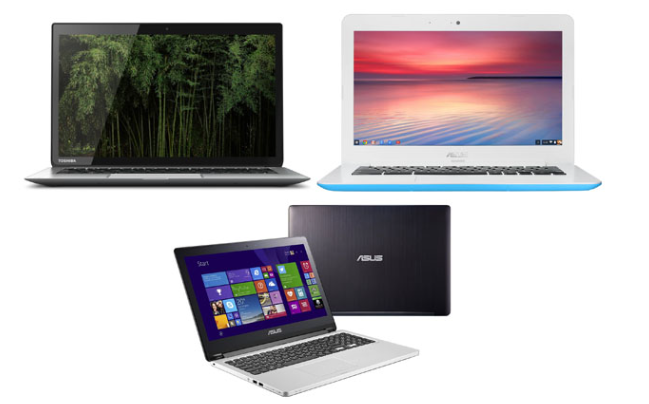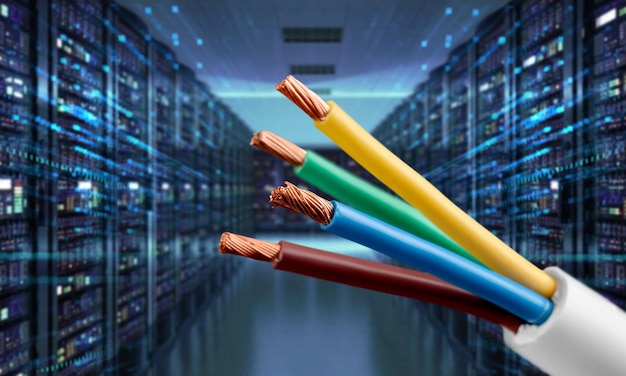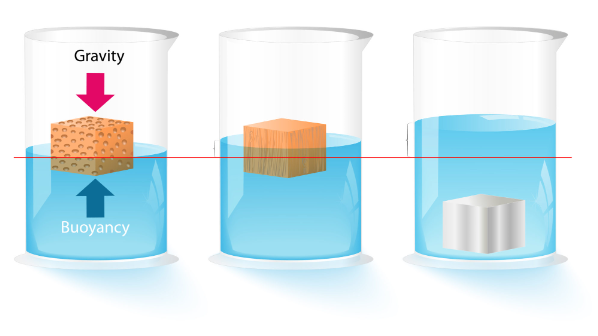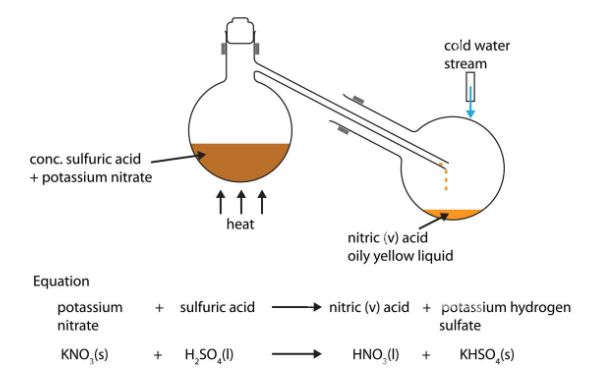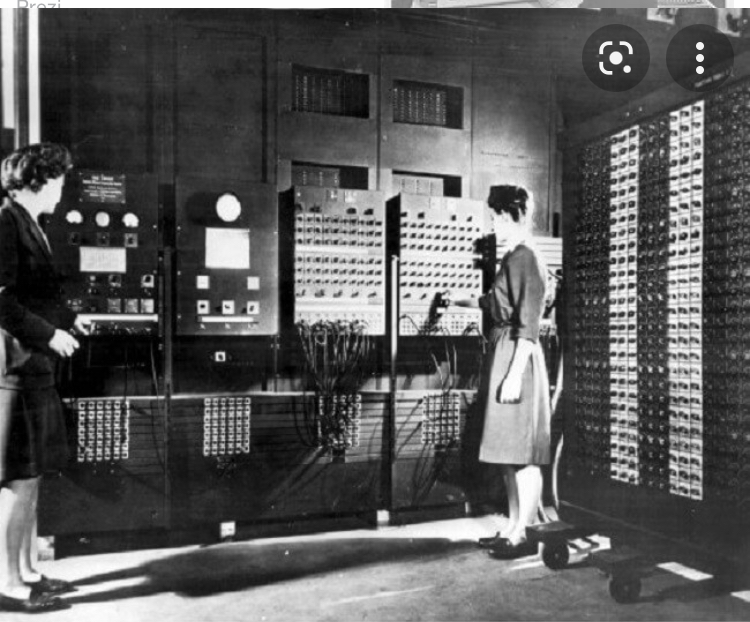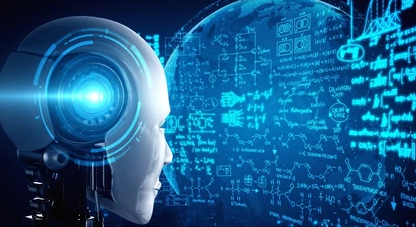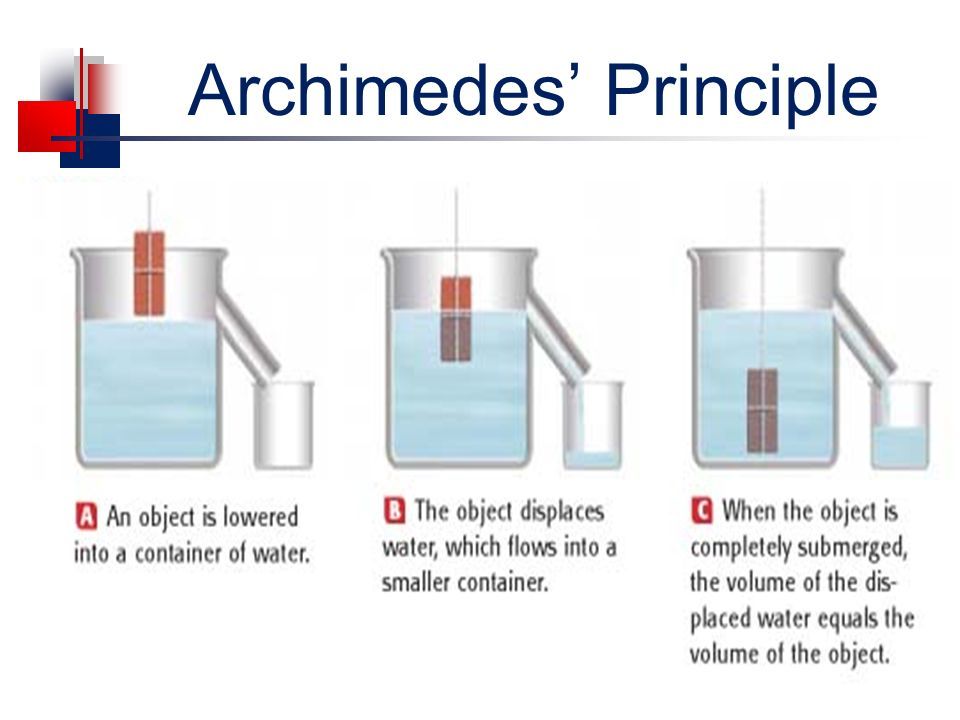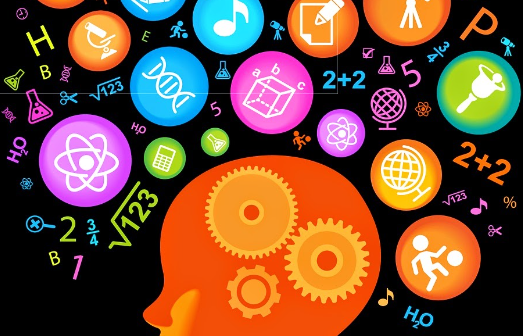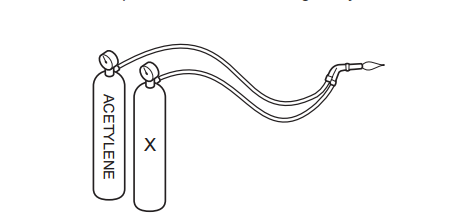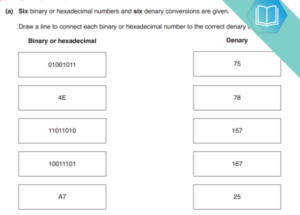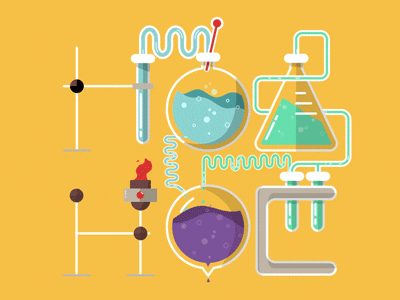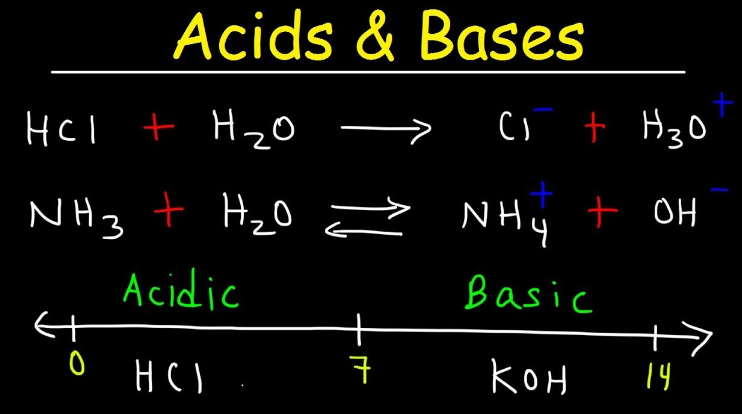A good computer should possess several key characteristics to meet the needs of the user effectively. These characteristics include:
- Performance: A good computer should have the processing power and memory (RAM) to handle the tasks and software you need without significant slowdowns or lag.
- Reliability: It should be dependable and not prone to frequent crashes or hardware failures.
- Storage: Adequate storage space in the form of an SSD (Solid State Drive) or HDD (Hard Disk Drive) to store your files and programs.
- Speed: A fast and responsive system is essential for efficient use.
- Upgradability: The ability to upgrade components like RAM or storage for future needs.
- Compatibility: It should be compatible with the software and peripherals you need.
- Operating System: Choose an operating system (e.g., Windows, macOS, Linux) that suits your preferences and software requirements.
- Graphics: A dedicated graphics card can be essential for gaming, video editing, and certain professional applications.
- Connectivity: Sufficient USB ports, Wi-Fi, Ethernet, and other connectivity options for your devices.
- Display: A good monitor with the right resolution, size, and refresh rate for your tasks.
- Keyboard and Mouse: Comfortable and responsive input devices are important.
- Battery Life (for laptops): If you’re using a laptop, longer battery life can be a significant advantage.
- Portability (for laptops): Consider the weight and size if you need to carry your laptop frequently.
- Security Features: Features like biometric login (fingerprint or facial recognition), hardware encryption, and robust antivirus software for security.
- Build Quality: A well-built, durable chassis is important for longevity.
- Support and Warranty: A good computer should come with a reliable warranty and strong customer support.
- Noise Level: For desktops, a quiet or low-noise system is often preferred.
- Price: The computer should fit within your budget while offering the desired features and performance.
- Environmental Considerations: Energy-efficient components and compliance with environmental standards.
- Customization: The ability to customize or build your own system to meet specific requirements.
The specific characteristics you prioritize will depend on your needs. For example, a gaming computer will emphasize graphics and processing power, while a business laptop may prioritize battery life and security features. It’s essential to consider your use case and budget when selecting a computer to ensure it meets your specific requirements.


